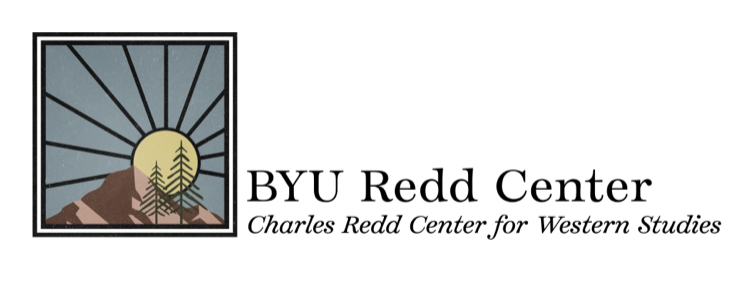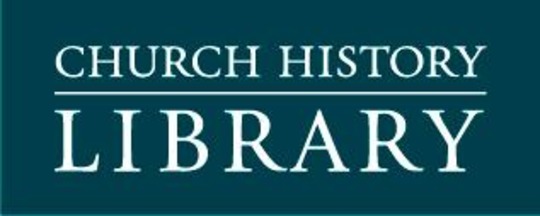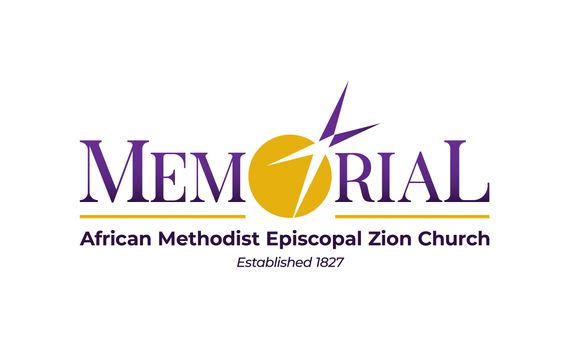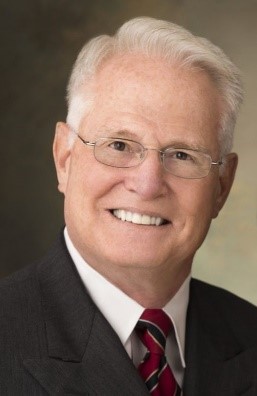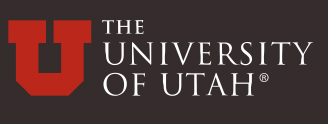The 2023 conference theme “Beginnings” intends to evoke the many beginnings in Mormon history. Those beginnings include Joseph Smith’s first vision and the establishment of the Church of Christ in upstate New York, but also the many other firsts throughout the faith’s subsequent history. As this American religious tradition has grown from a fledgling church to a global movement with multiple expressions, it has attracted followers and critics, nurtured disciples and dissenters, and generated gatherings and schisms. It has, in many respects, begun over and over again.
Change is a key tenet of Mormonism, from its birth in the fires of the revivals of the early nineteenth century to its introduction of new teachings, policies, and organizations as it expanded its reach and extended its influence. Individually and institutionally, the faith and its practitioners have wrestled with the shifting theological, social, and political issues of American and global history, navigating and adapting in response to slavery and abolition, political opposition toward religious practices, the struggle for women’s rights, the emergence of the United States as a global military and political force, and, more recently, the fight for LGBTQ+ rights and growing political polarization around the world.
The Rochester conference provides scholars the occasion to reassess important moments in Mormon history, as well as to explore how the faith has navigated the changing world it constantly confronted over the course of that history. It allows attendees to walk where Joseph Smith, Susan B. Anthony, Frederick Douglass, and other such luminaries once walked, and to be materially reminded of the visions, visionaries, and movements that emerged from upstate and western New York. It also invites attention to Latter Day Saints’ historical and contemporary relationships with the region’s indigenous inhabitants. We acknowledge with respect the Seneca Nation, known as the “Great Hill People” and “Keepers of the Western Door” of the Haudenosaunee Confederacy, on whose lands Rochester resides.
The process of “restoration” so central to the Latter Day Saint movement has been the effort of many women and men. Their respective visions of and interpretations may or may not have aligned with institutional authority or goals. Much of that disagreement has centered around the movement’s beginnings and its ultimate purposes. New and competing ideas and the tensions that developed from them further fostered beginnings through schism, excommunication, reformation, or reorganization.
Director & Librarian of the John Carter Brown Library and Professor of History, Brown University
Richard Newman is a historian of American, African American and Environmental History and a professor at Rochester Institute of Technology.
Nineteenth-century women's history specialist; PhD in American history, George Mason University
Sara M. Patterson is a Professor of Theological Studies and Gender Studies at Hanover College. She holds the inaugural Baron Professorship in Social Justice Education.
Matthew Bowman is associate professor of history and religion at Claremont Graduate University, where he serves as Howard W. Hunter Chair of Mormon Studies. He is the author of several books.
David Howlett teaches courses on religion in America at Smith College in Northampton, Massachusetts.
No records found.
The Journal of Mormon History is an official publication of the Mormon History Association (MHA). Its purpose is to publish scholarly work covering the full scope of Mormon history, which represents domestic and international perspectives
John Whitmer Historical Association
John Whitmer Historical Association (JWHA is a non-profit organization dedicated to advancing the study of Latter Day Saint history.
The University of Illinois Press publishes 80 new books and 43 journal titles annually. We publish many books which examine religion broadly and Mormonism specifically from historical, sociological, anthropological, and cultural perspectives.
A nonprofit agency of the University of Utah, the Press publishes scholarly works of significance to Utah, the region, and the world. 2024 will be our 75th year!
Signature Books was founded in 1981 to promote the study of Mormonism at its intersection with American history.
The Church Historian’s Press was announced in 2008 by the Church History Department of The Church of Jesus Christ of Latter-day Saints. The Joseph Smith Papers was the first publication to bear the imprint.
The Richard W. Couper Press publishes works about communal studies, with a special emphasis on the Shakers.
Mormon Women's History Cruises
Educational adventure and rejuvenation amongst women eager to learn about Mormon women's history.
The Church History Library in Salt Lake City, Utah, is the primary archive of The Church of Jesus Christ of Latter-day Saints. It is a state-of-the-art facility designed to collect and preserve materials about the Church, its history, and its members.
We are a community of people around the world interested in the academic study of Mormonism(s).
Frederick Douglass Family Initiatives (FDFI)
Frederick Douglass Family Initiatives is an Abolitionist non-profit organization founded by direct descendants of Frederick Douglass and Booker T. Washington. HQ'd in Rochester, NY, we’re focused on racial equity and ending modern day slavery.
Digital Legend Press & Publishing is a regional LDS publisher based in Cottonwood Heights Utah.
For over two decades, Greg Kofford Books has been a leading publisher in Mormon Studies with award-winning books focusing on Mormon history, theology, scripture, and culture.
The BYU Religious Studies Center is your lifelong resource for gospel scholarship. Our mission is to encourage, sponsor, & publish serious, faithful, gospel-related materials. Access our free gospel study resources & the YReligion podcast at rsc.byu.edu
The B. H. Roberts Foundation is a 501c3 non-profit foundation that supports education and research related to the culture, doctrine, and history of The Church of Jesus Christ of Latter-day Saints.
Ganondagan State Historic Site located in Victor, NY is a National Historic Landmark, the only New York State Historic Site dedicated to a Native American theme (1987), and the only Seneca town developed and interpreted in the United States.
No records found.
To view the 2023 conference program click here.
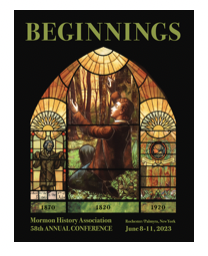
The Mormon History Association invites you to make the Journal of Mormon History's future stronger by donating $50 to #50fo50 campaign.
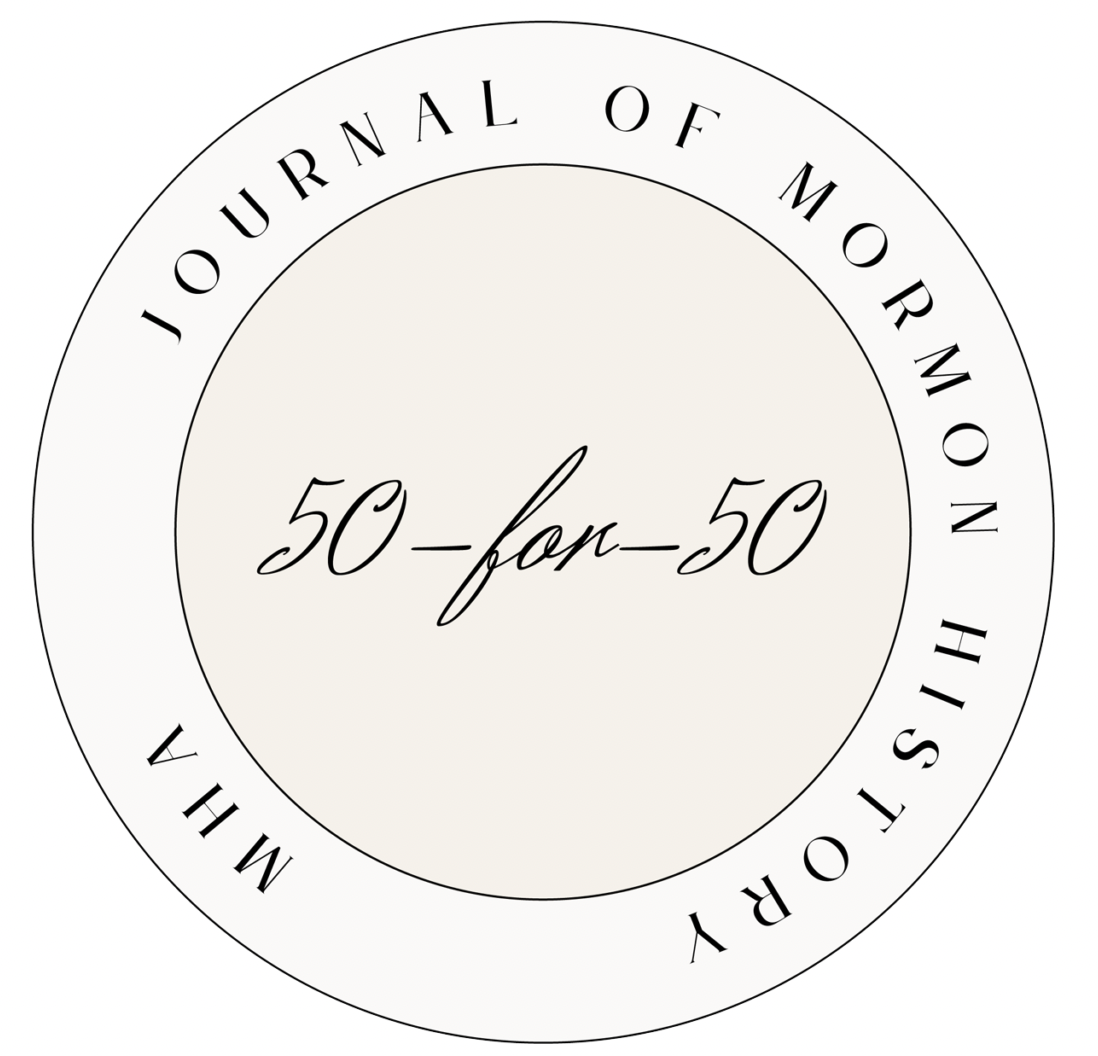
Donate to the Friends of Ganondagan and help us support the preservation of regional native history and culture.





